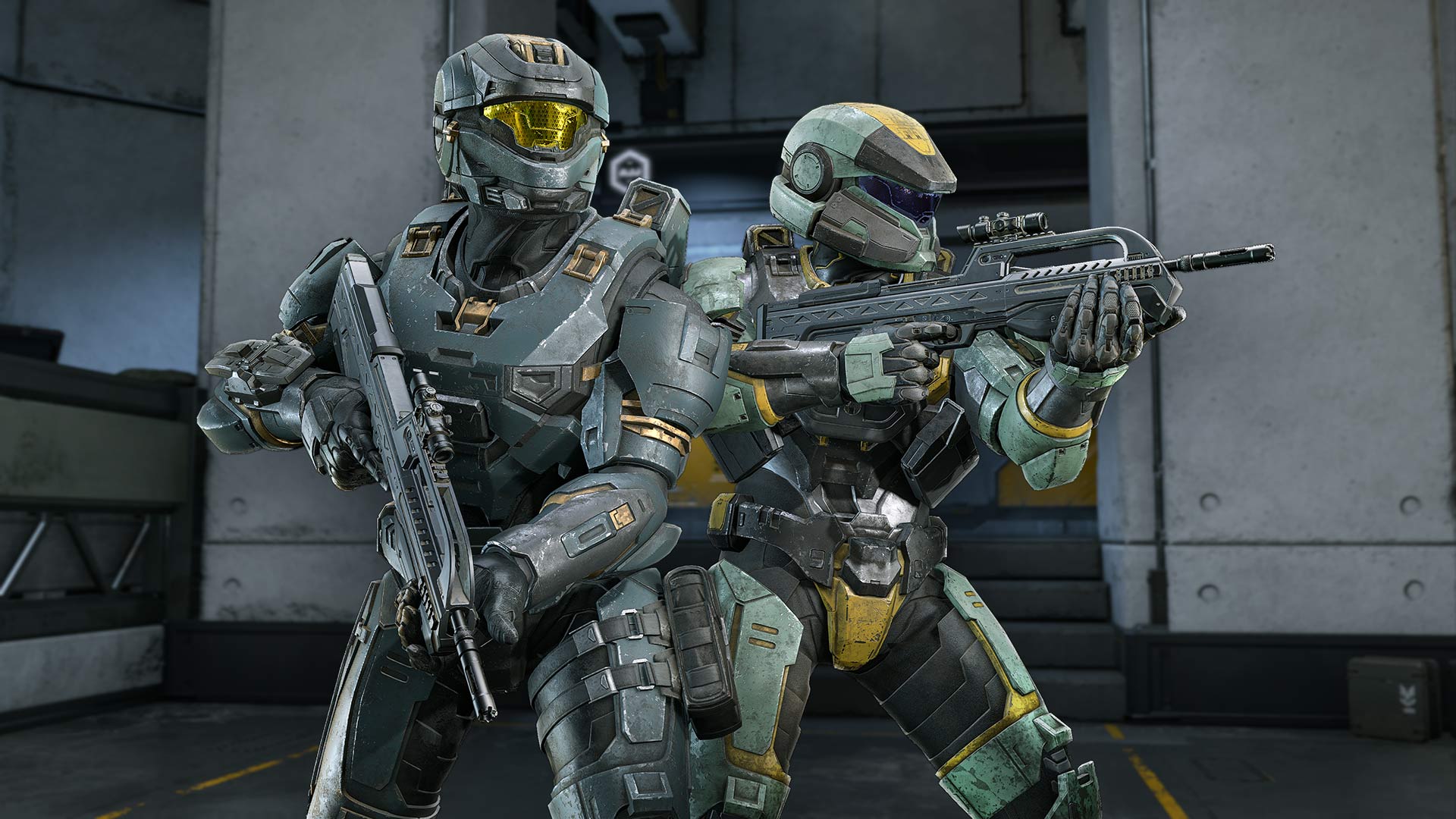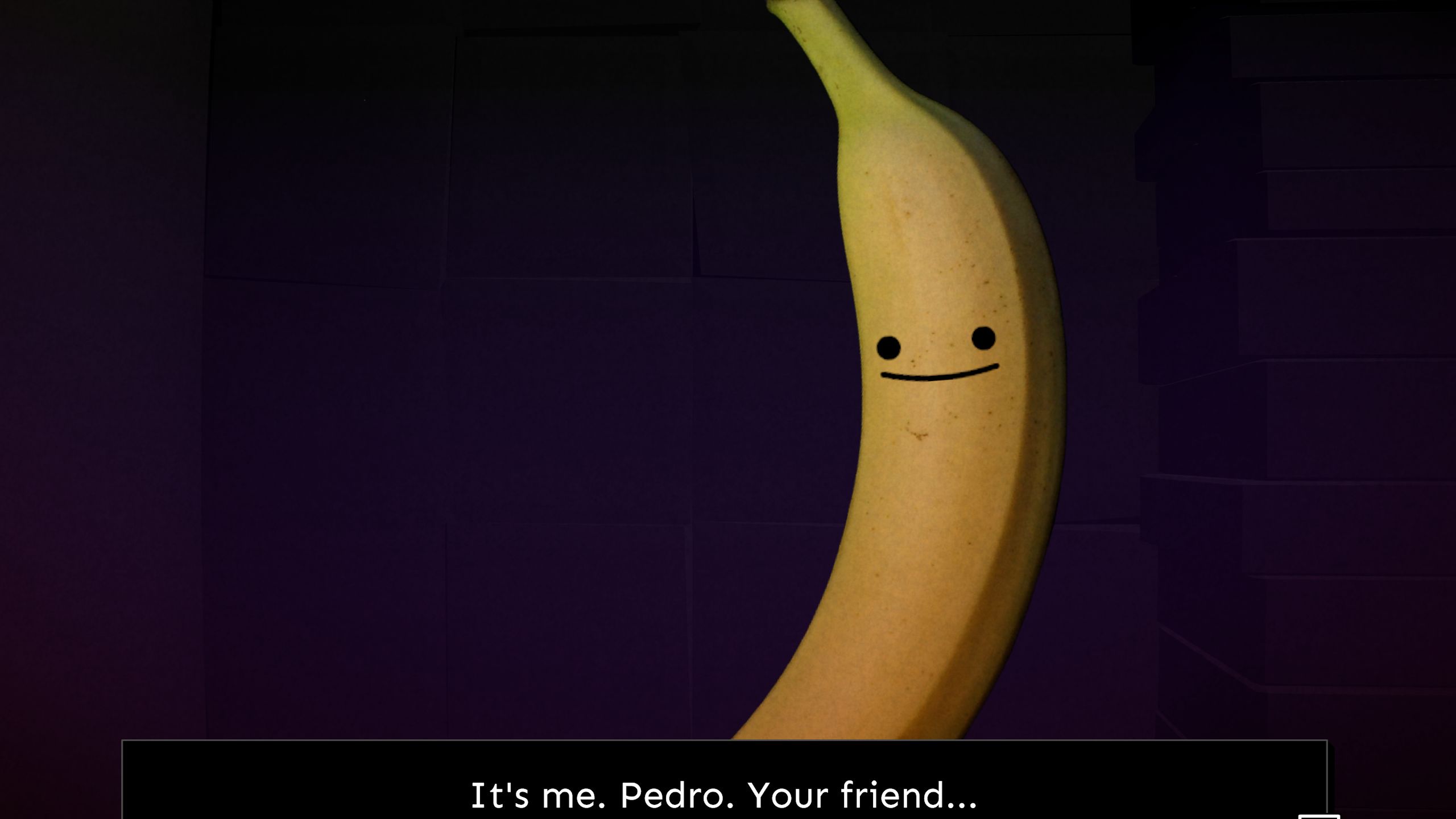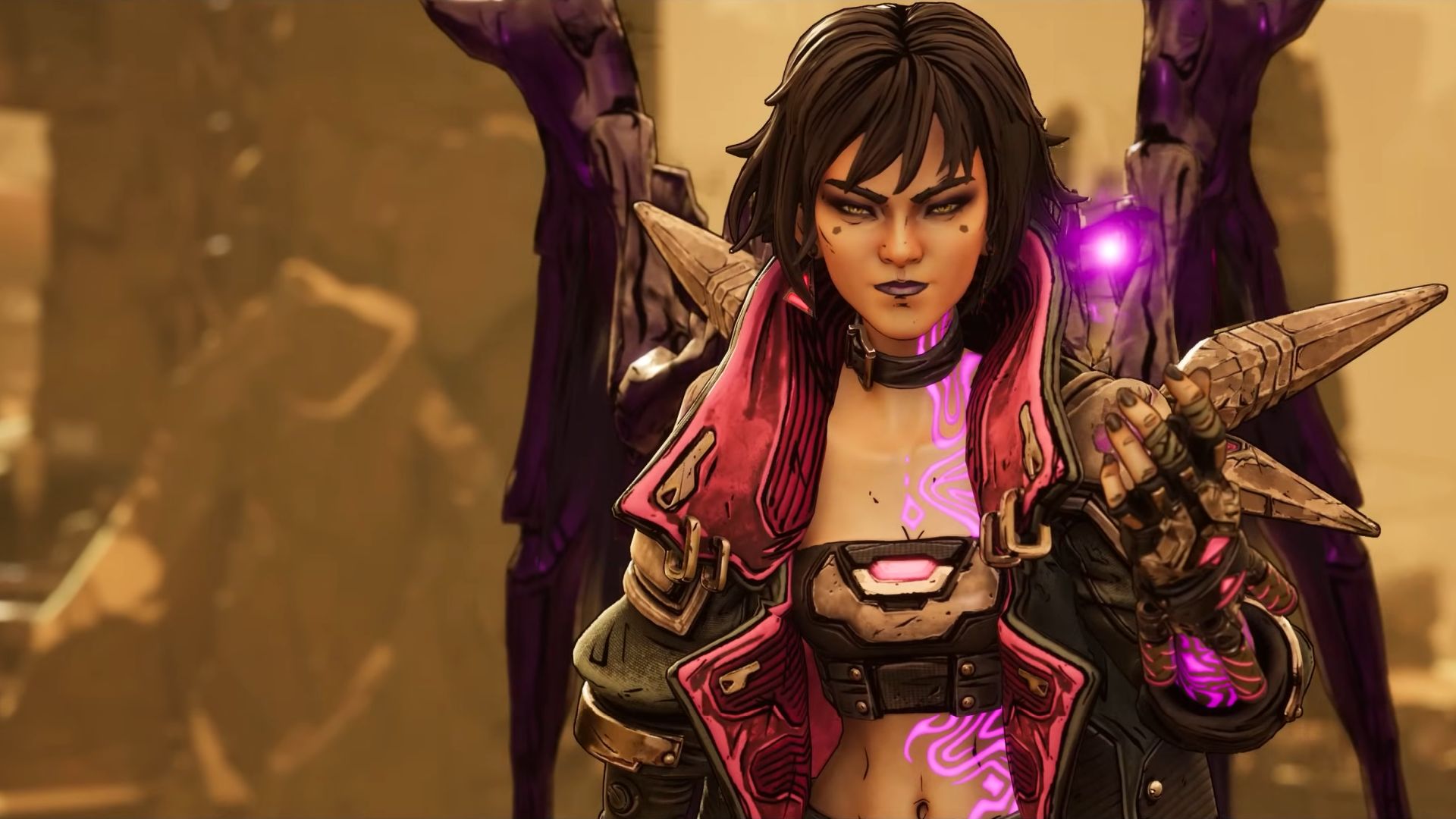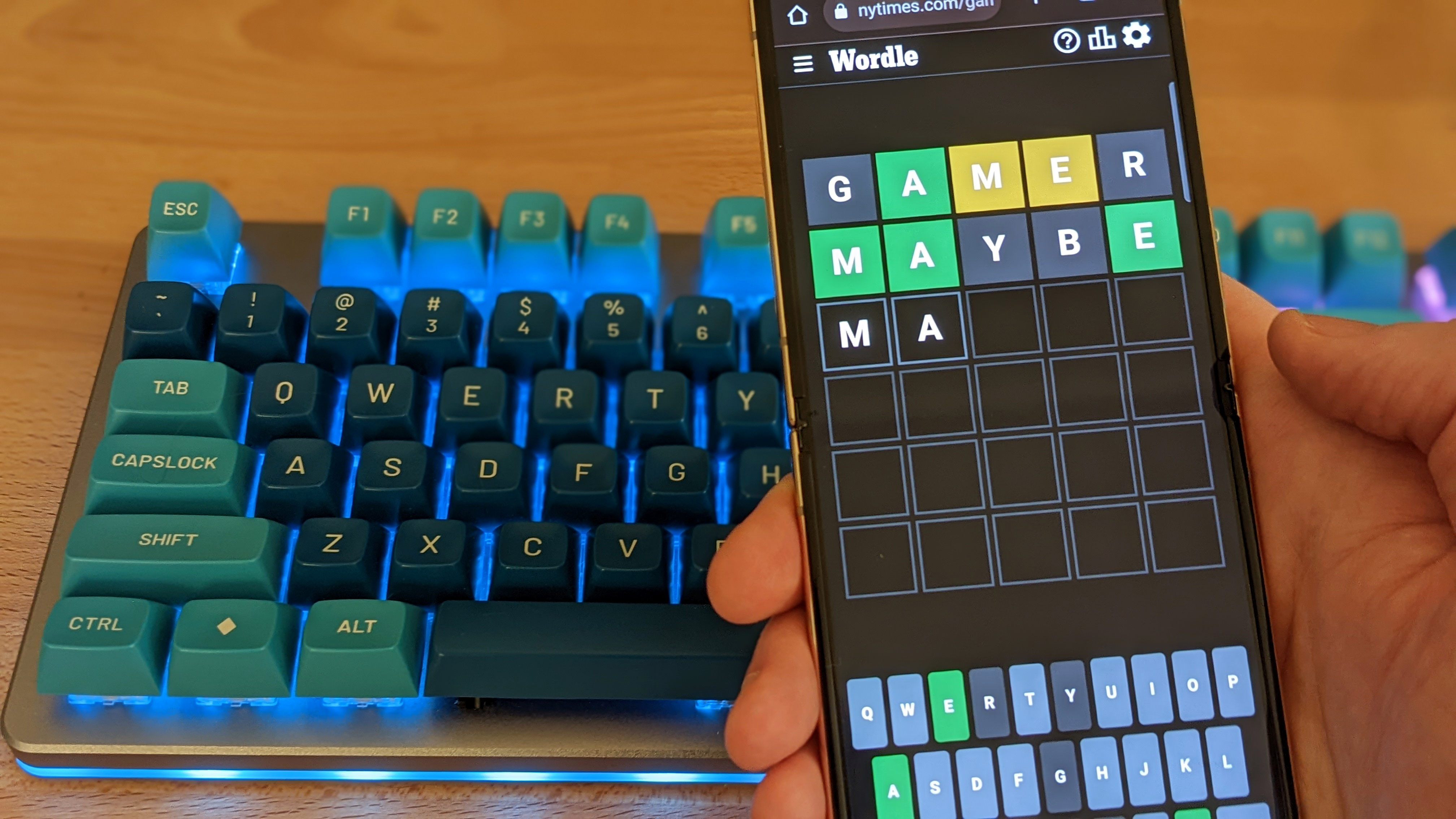
The layoff of 25 employees represents roughly 10% of the studio's workforce.
Certain Affinity, which has worked as a support studio on games including Halo Infinite, Call of Duty: Modern Warfare 2, New World, and Hogwarts Legacy, has announced that it is laying off 25 employees, representing roughly 10% of the studio’s workforce.
Word of the layoffs came in a message from founder and CEO Max Hoberman (via Eurogamer), who said it was the first time employees at the studio have been laid off since Certain Affinity was founded in 2006. Hoberman said the game industry as a whole has faced “unprecedented challenges” over the past year, and that multiple factors played a role in the decision to let people go.
“Most significant is an industry-wide slow down in the funding of new lead and co-development projects and the reluctance of third party investors to fund games or game companies,” Hoberman wrote. “This has made it exceptionally difficult to sign new work or secure other forms of funding.”
Employees being let go will be given severance pay and “benefits continuation,” Hoberman said. “We are also making their vested awards under our Stock Equity Plan portable so they may benefit from the company’s success in the future.”
Rumors surfaced in May 2022 that Certain Affinity was working on a new game mode for Halo Infinite, codenamed Tatanka, that was reportedly a battle royale and that at one point had close to 100 developers working on it. That project was never formally announced, and in January 2024 multiple sources said Microsoft had pulled the plug on it. In September 2023 the studio announced that it is also working on an original FPS codenamed Project Loro.
2023 was a brutal year for layoffs in the videogame industry, and 2024 has not let up as studios of all sizes have reduced their workforces in the face of slowing growth, diminished funding opportunities, and most significantly, the relentless drive for growth and shareholder value.
Whether this is the worst it’s ever been is impossible to say, but it sure feels like it sometimes: “Before there were plenty of places to land and studios would respond to swoop up talent,” former Hakjak sound designer Michelle Hebert, who’s been laid off four times over the past 15 years, told us in February. “This time, they’re not there because everyone is drowning it feels.”



